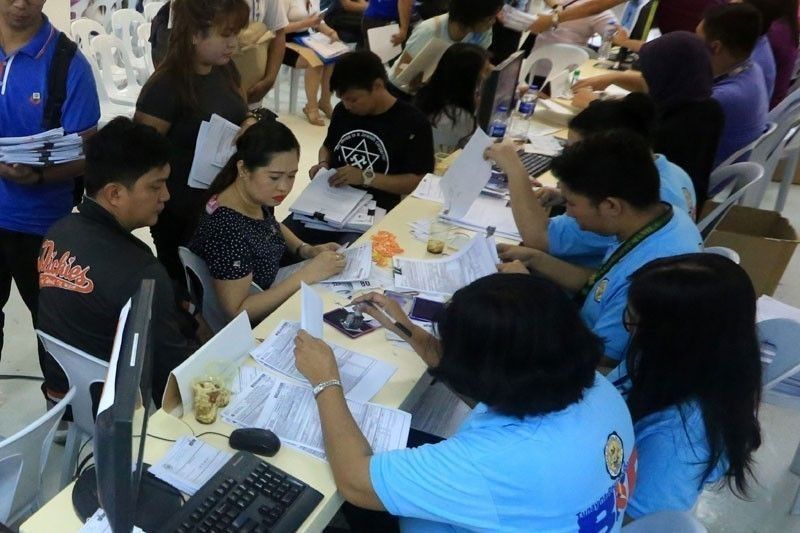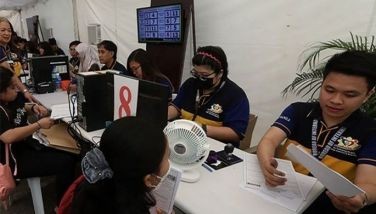DOF harmonizes rules on taxability of professionals

MANILA, Philippines — The Department of Finance (DOF) has issued a new circular which clarifies the rules and guidelines for the imposition and collection of taxes and fees from professionals, in line with the government’s thrust to improve the ease of doing business in the country.
Finance Secretary Carlos Dominguez issued last June a Local Finance Circular (LFC) addressed to local government units (LGUs) to harmonize the rules on the taxability of professionals.
Finance Undersecretary Antonette Tionko of the Revenue Operations Group recommended the issuance of the LFC to address reports and complaints received by the agency on the improper imposition of local taxes, fees and other charges on professionals by LGUs.
She said the LFC’s objective is to ensure the “fair, uniform and proper implementation” of the provisions of the Local Government Code and to complement efforts in streamlining and facilitating government transactions, as mandated under RA 11032 or the Ease of Doing Business Law.
Among the salient points of the circular is the exemption of professionals from paying business permit fees for the operation of their offices or clinics, the DOF said.
Under the guidelines, professionals are still required to secure business permits from LGUs for the registration or renewal of their operations. However, such transaction should not bear any cost for the professional at all.
“This is because regulations over the practice of professions are within the exclusive domain of the respective agencies or regulatory boards empowered by law to supervise and regulate professions,” the DOF said.
LGUs, however, may still impose a local business tax on professionals if they are verified to be engaged in the selling, trading or distributing of goods, or involved in trade and other business activities that do not constitute the practice of their professions, according to the LFC.
“In this case, the LGU can impose a business permit fee during the registration and renewal of the operation of the office or clinic of the concerned professional,” the DOF said.
Tionko said the LFC also covers the imposition of professional tax on employed professionals in both the private and public sectors.
“An individual or corporation employing a person subject to the professional tax shall require payment by that person of the tax on his/her profession before employment and annually thereafter,” Tionko said.
“However, professionals exclusively employed in the government shall be exempt from the payment of the professional tax, unless he or she has been duly authorized to practice the profession outside of one’s official functions,” she said.
The LFC states that the professional tax imposed by LGUs shall not exceed P300 or the rate provided under a duly enacted local ordinance, subject to adjustment not exceeding 10 percent every five years.
The LFC also provides for the rules in case of multiple practice of profession and the guidelines governing the payment of such professional tax.
“A line of profession does not become exempt even if conducted with some other profession for which the professional tax has been paid,” the LFC said. “Thus, a lawyer who is also a Certified Public Accountant must pay the professional tax imposed on each profession, if he/she is to practice both professions.”
It also provides that community tax may be imposed on individuals or corporations, including professionals. Corporations do not include general professional partnerships (GPPs), hence, they are exempt from paying the community tax.
“LGUs may impose and collect other applicable fees and charges (i.e. garbage fee, sanitary inspection fee, occupancy permit fee, etc.), the amount of which shall be reasonably commensurate to the cost of regulation or provision of service, as may be provided under a duly enacted local ordinance; provided, however, that no service charge shall be based on capital investments or gross sales or receipts of the persons or business liable therefore,” the DOF said.
Tionko said the LFC was crafted following consultations with the Bureau of Local Government Finance, the Department of Interior and Local Government (DILG), Department of Trade and Industry (DTI), local treasurers and representatives from local government leagues.
- Latest
- Trending































